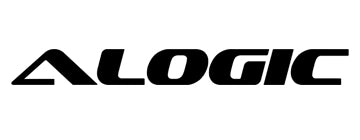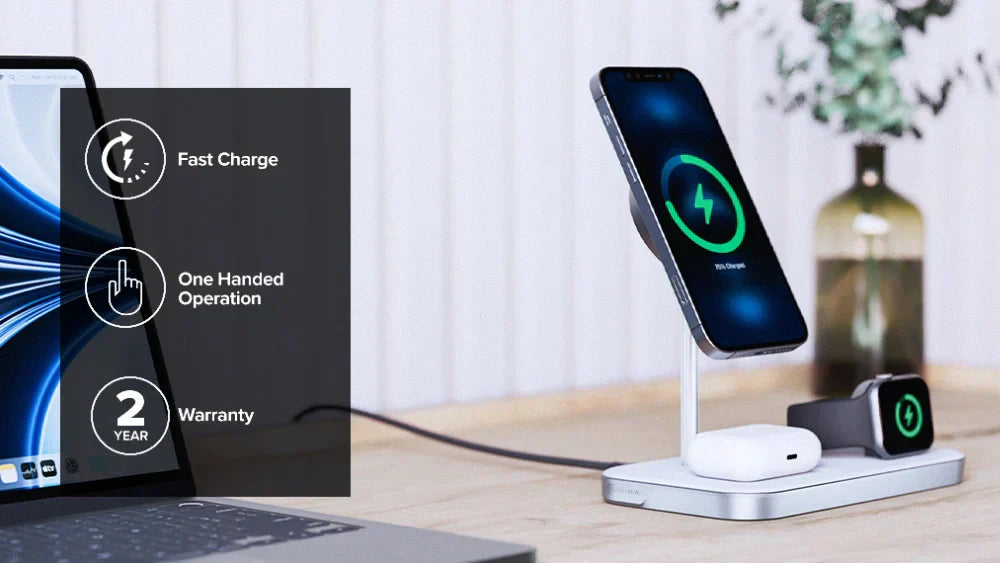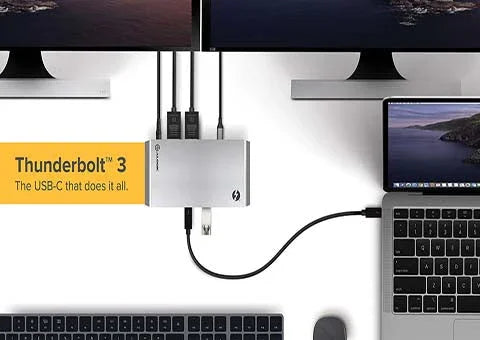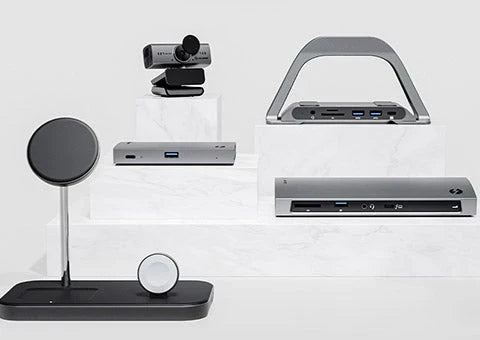Devices such as Apple’s iPhone 13 are the harbingers of an exciting new chapter for wireless charging. But not everybody has experienced the full benefits of the technology, yet.
The origins of wireless charging date all the way back to the 19th century. Only very recently, however, wireless charging for modern devices such as smartphones, watches, and earbuds has really come of age.
2020, in fact, heralded one of the brightest new chapters for wireless charging. Apple incorporated its MagSafe technology into its iPhones for the first time. The iPhone 12 models, which launched in October 2020, were the first iPhones to feature MagSafe capability. In doing so, they became the first iPhones to receive wireless charging up to 15W, doubling the 7.5W-maximum charge iPhones 8-11 received through Qi wireless charging.
Today, Apple’s range of MagSafe compatible devices is expanding rapidly. It encompasses a multitude of generations and models of Apple Watches, AirPods, and iPhones, along with MagSafe-enabled cases and covers, sleeves, wallets, and wireless chargers.
Unsurprisingly, Apple’s recently-released iPhone 13 is also MagSafe-enabled, complementing a wider ecosystem of wireless devices, including everything from keyboards to mice to hearing aids.
According to Strategy Analytics numbers, wireless charging features in nearly a third of global smartphone sales in 2021. Major chains including Starbucks and McDonalds have many sites around the world that feature in-built wireless chargers on the tabletops of restaurants, introducing a whole new market of modern device users to the technology.
As more people are discovering the benefits of wireless charging technology, ALOGIC is developing a growing range of wireless chargers to accommodate.
Our new MagSpeed 2-in-1 and 3-in-1 Wireless Charging Stations are MagSafe-compatible chargers designed to make wireless charging easier than ever for device users.

The Benefits of Wireless Charging
Wireless charging technology’s increasing popularity today is attributable to a range of benefits, largely shaped by the two major wireless charging standard consortiums, the AirFuel Alliance and the Wireless Power Consortium.
The AirFuel Alliance, which features hundreds of members from all corners of the wireless power value chain [including Fujitsu, Samsung, Huawei, WiTricity and Silicon Mitus], works with Resonant and Radio Frequency-based charging technologies, in its endeavour to develop safe, efficient and rapid wireless power solutions for today’s wireless charging market.
The Wireless Power Consortium [WPC] has 434 companies listed on its member’s list, including Apple, Canon, Dell, BOSE, Samsung Electronics, to name a few.
The WPC is behind the development of Qi [pronounced “chee”], a worldwide inductive wireless charging standard for providing 5-15 watts power to small personal electronics, such as mobile phones. The WPC certifies more than 100 new Qi products per month, as part of its commitment to advancing the wireless power community through positive, efficient, and safe wireless charging experiences.

For smartphone and other device users who haven’t experienced wireless charging for themselves, the big benefits include:
Convenience: Phone and other small device users simply place their devices on their wireless charger, rather than plug it in every time. It’s a small-scale convenience [although bigger for people with visual, cognitive or dexterity impairments] that amounts to a much bigger one over the charger’s lifespan. Wireless charging is also easy to activate with one hand, which can be helpful in vehicles and various other settings.
Economic benefit: By eliminating cables from the charging equation, consumers save money on cables and cable replacements. They also reduce wear and tear on their device ports.
Less clutter: On space-limited desks, nightstands, benches and other flat spaces, cables can quickly stress the real estate. Wireless charging minimises this issue, especially for consumers who need to power a variety of devices.

Why wirelessly charge with ALOGIC
ALOGIC’s MagSpeed 2-in-1 and MagSpeed 3-in-1 Wireless Charging Stations, the latest additions to ALOGIC’s expanding range of wireless chargers, make device users’ lives simpler and easier by offering all of the benefits mentioned above.
Additionally, with both MagSpeeds, Apple device users can wirelessly charge multiple devices at once, for extra cable-free convenience.
The array of magnets built into the iPhone 12 and 13 enable it to align correctly with the magnets in MagSafe and MagSafe-compatible chargers, ensuring the devices snap into place cleanly and no power is squandered.
The MagSafe-compatible MagSpeed 2-in-1 Wireless Charging Station charges iPhone 12/13 and Airpods/AirPods Pro wirelessly, and the MagSafe-compatible MagSpeed 3-in-1 Wireless Charging Station wirelessly powers your iPhone 12/13, Apple Watch [all models], and Airpods/Airpords Pro, substantially minimising the need to manage notoriously unreliable cables.

Both MagSpeeds wireless chargers feature a pristine matte black finish to complement modern household and office interiors, and a bright LED indicator that notifies users their devices are charging.
The safety-tested devices include a two-year warranty and double as stands for your phone. Phone users can situate the 77-gram device on spaces including their desk, so they can scroll their phone at a convenient angle and height while it charges.
The future of wireless charging looks bright, but with ALOGIC’s MagSpeed devices, so does the present.
Learn more about ALOGIC’s MagSpeed Wireless Charging Stations today.


 USA
USA
 Canada
Canada Australia
Australia UK
UK Europe
Europe New Zealand
New Zealand Japan
Japan Singapore
Singapore UAE
UAE India
India




Leave a comment
This site is protected by hCaptcha and the hCaptcha Privacy Policy and Terms of Service apply.